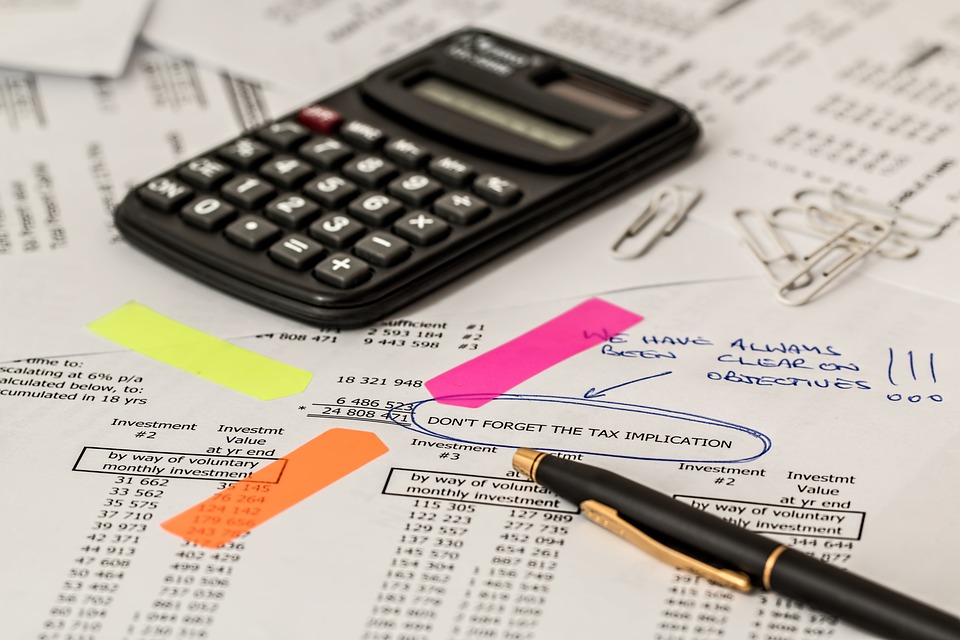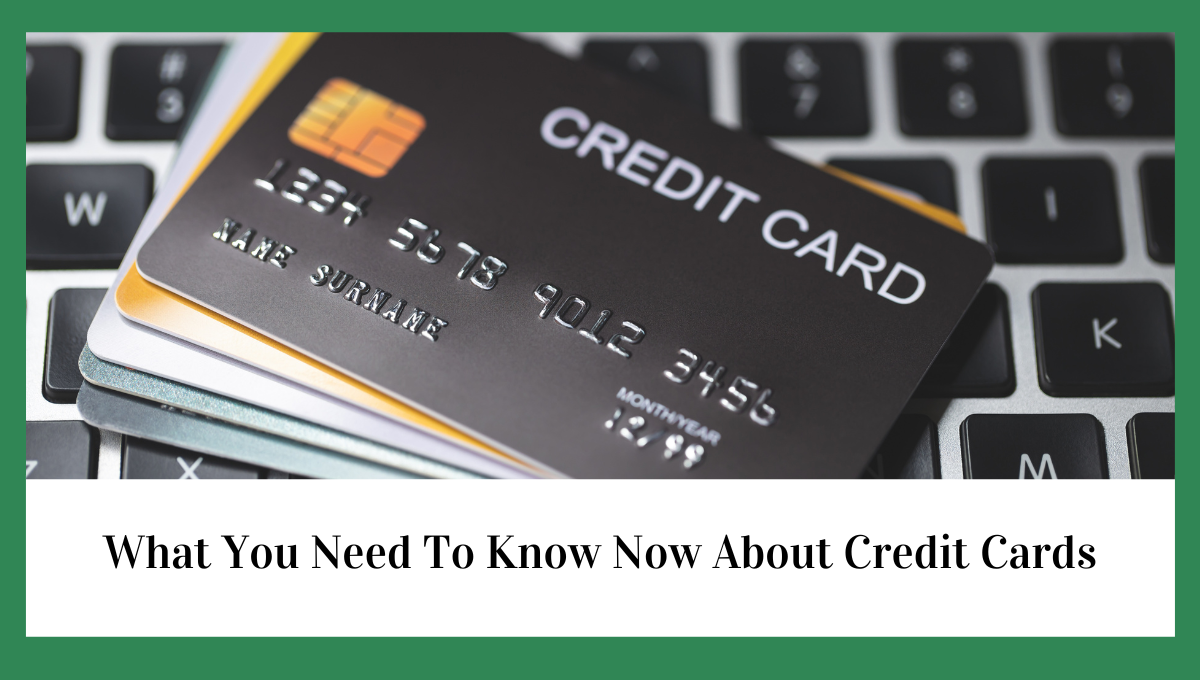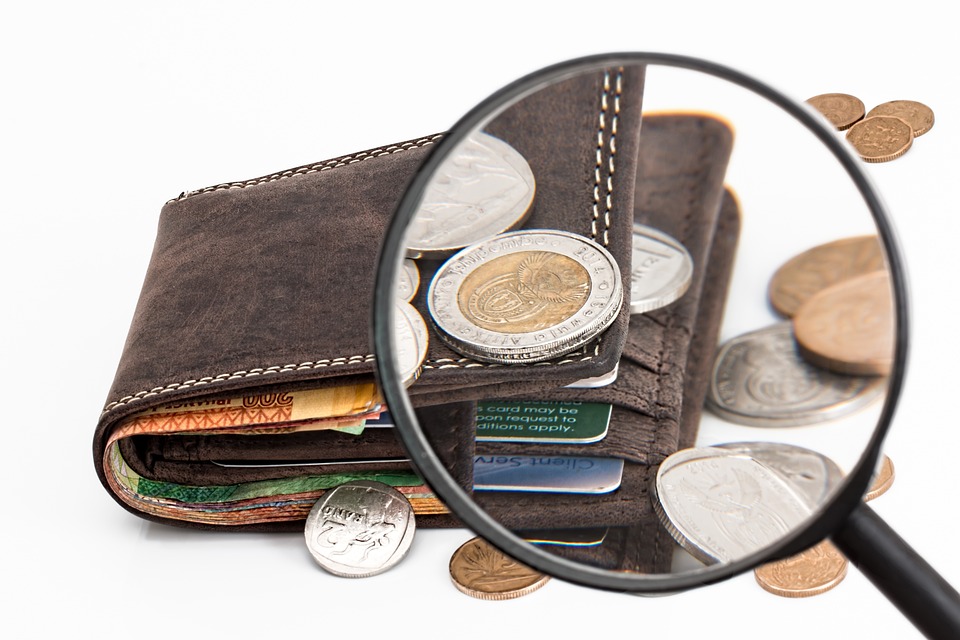
What You Need To Know Now About Credit Cards
What is a credit card?
Have you ever needed to borrow money for expenses before you received your check from work? Have you ever needed to make a large purchase but didn’t want to pay the entire price at once? Perhaps you simply didn’t want to use your cash! This is the purpose of a credit card. It is a thin plastic card issued by creditors, usually banks, which gives customers the ability to obtain goods and services before paying, with the expectation the expense will be paid in the future with interest. Some of the top credit card companies today are Bank of America, American Express, Capital One, Barclays, Chase, and Citibank. Currently, you can even obtain credit cards with retail stores like Walmart, Target, Costco, and best buy. Interestingly, credit cards date back to 1950 and have become one of the leading payment options for people today.
How do credit cards work?
First, and most importantly, you must apply for a credit card. Based on your credit history, you will be approved on a limited amount of credit. Don’t worry, there are options out there if you have little to no credit history. However, let’s assume you have applied and are approved for a $1000 credit card limit. You are allowed to spend that total of $1000 with the expectation you will pay a monthly minimum amount until your credit is fully paid back. This comes at a cost to you in the form of interest. Credit card interest, most commonly referred to as Annual Percentage Rate (APR), is the rate you are charged for utilizing the credit. It is important to note that this is how credit card companies make money from you. This is charged only if the balance is unpaid after a full month. For context, the average APR rate in 2021 was 16.16%, which means customers were expected to pay back their expenses for that month plus an additional 16% to cover the interest. In addition to interest, there may be other existing credit card terms you may need to be aware of, you can read more here.
Tip: Pay your credit card in full every month to avoid interest and build your credit history.
Type of Credit Cards
These days there is a credit card for every occasion. Here is a short list of major options.
Cash Back Credit Card – Credit card holders can earn cash back rewards when they use their cards to make purchases and when they pay their bills. Cash rewards typically can be used to redeem dollars on an online marketplace run by the card issuer. Cash rewards can also be redeemed as a statement credit which can lower your bill at the end of the month. Some notable examples of cash back cards are Citi Double Cash Card, Discover it Cash Back Card, and Blue Cash Preferred American Express Card. The average cash back amount ranges from 1% to 6% depending on the company. In our example above, a customer who spends $1000 will earn between $10 and $60 cash back.
Travel Credit Cards – Credit cards that offer travel rewards offer you the chance to earn rewards that are specific to travel, such as travel credits you can apply to travel purchases or points you can transfer to airline or hotel programs. You may also earn points through a specific program on your travel credit cards, such as a frequent-flier program or a hotel loyalty program.
Store Credit Cards – Store credit cards are offered specifically to a retail store of the customers’ choice such as Walmart, Best Buy, and Target. Your points or rewards will be geared to the specific store only. It’s important to note that store credit cards have a higher interest in comparison to general credit cards. For example Target’s APR rate is currently 22% while Walmart’s APR is 24% and Old Navy is 26%.
Why use a credit card?
To Build Credit – If you are trying to build credit or improve your credit score, a credit card is a great option. Your credit card account activity is reported to a credit bureau who calculates your score based on that historical data. As long as you’re utilizing your card and paying your bill on time, you will see an increase in score over time.
Cash Back Rewards – You can receive a cash back award for utilizing your credit card. This can be bonus income for you to use as a statement credit, save, or use for your day to day spending. If you’re looking to make an extra $25 to $100 a month, owning a cash back card should be in your wallet.
Frequent-Flyer Rewards – As a frequent-flyer, you can earn “miles” based on your annual. This is generally one or two miles per dollar spent on your credit card. Most airlines offer you a huge bonus when you apply for the first time. Those bonuses can easily be exchanged for 3 to 5 free flights in the first year.
Safety – Among all payment methods in 2020, credit cards were the most common source of fraud, according to the Federal Trade Commission. For this reason it is important to recognize that most credit card companies have zero liability coverage. This is a safety measure for customers to avoid any penalties related to fraudulent expenses. In comparison with other payment methods, this feature makes credit card utilization a safer option.
The list goes on. The benefits of owning a credit card are not limited to the examples in this post. Some other perks include car rental insurance, expense tracking, one time bonuses, and much more depending on the credit card you apply for.
Why should you avoid using a credit card?
In some cases, paying with a credit card isn’t better than paying with other payment types. This form of payment poses several risks to the customer.
Spending more – Credit cards encourage you to spend money that you don’t actually have in your bank account.
Negative Credit Impact- Your credit card history has a large impact on your credit score. It’s very important you don’t miss any payment.
Interest – Credit card interest is very high in comparison to other forms of credit like a Heloc line of credit. You will pay a higher cost for consumption when you don’t pay the bill at the end of the month.
Late Fees – Late fees can be charged when you make a late payment which is usually a $30-$40 charge. It’s important to understand what are the terms of the card you’re using to avoid this if possible.
Tips on how to effectively use a credit card
- Commit to paying off the credit card balance at the end of each month to avoid high interest rates.
- Use the 30% credit utilization rule. This common rule empahizes the importance of using only 30% of your credit limit to ensure your ability to pay the loan off.
- Monitor for fraudulent charges
- Use the benefits the credit card offers! Using your credit card company for traveling benefts or road side assistance will save you money and give you peace of mind as an extra resource
- Set up automatic payments to guarantee you pay off your balance monthly.




















